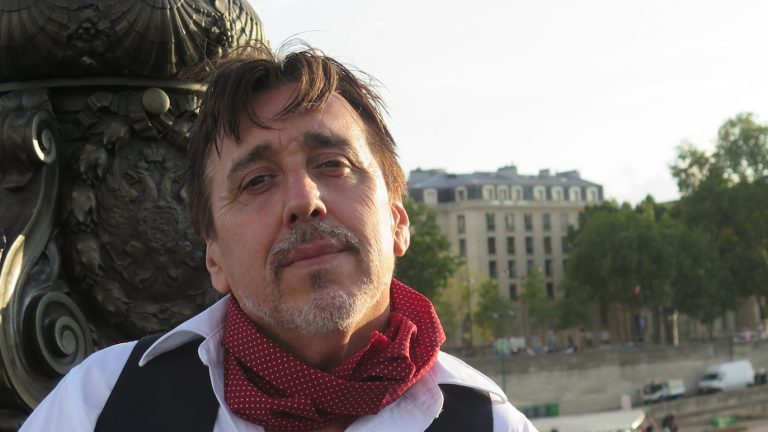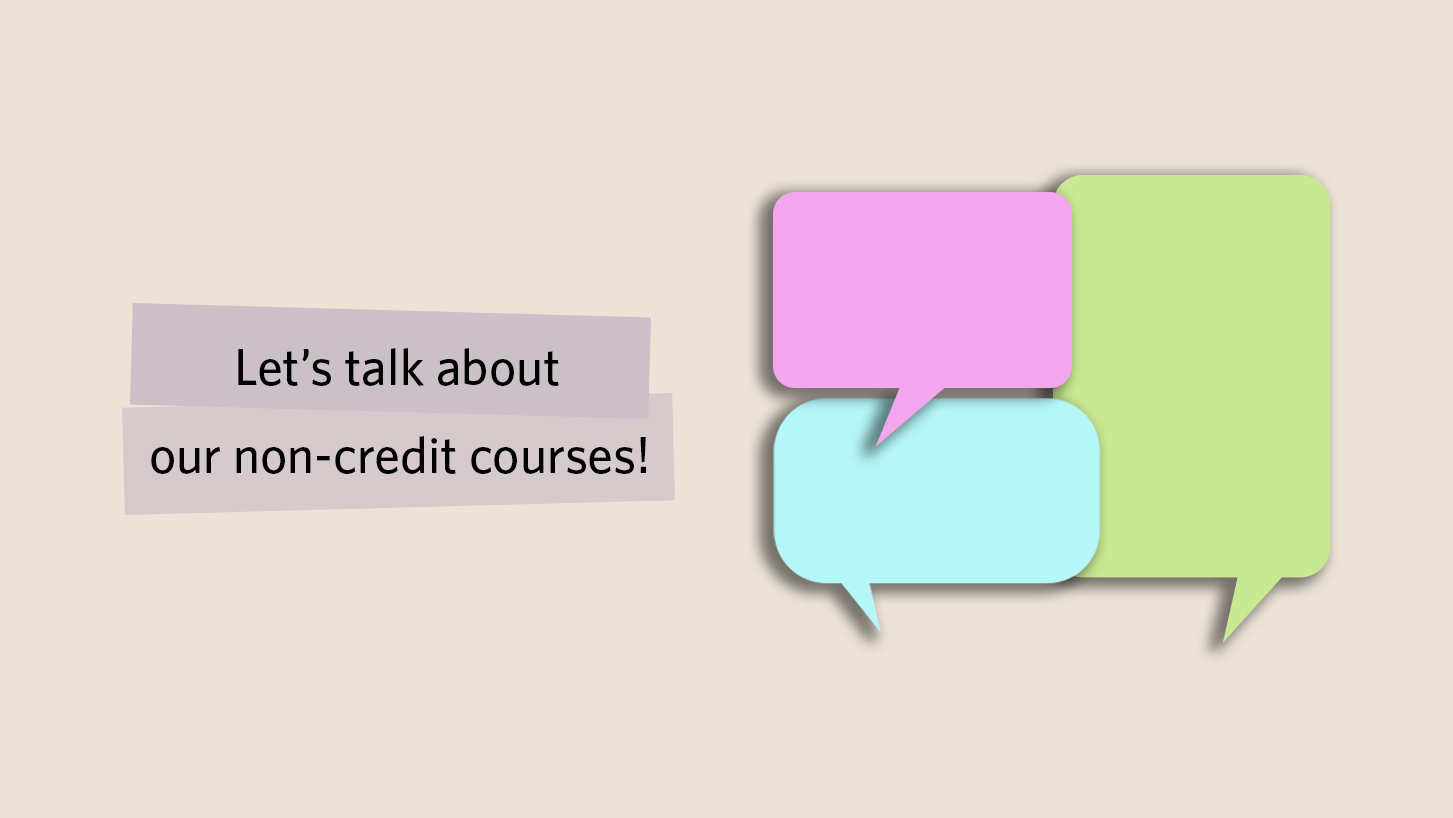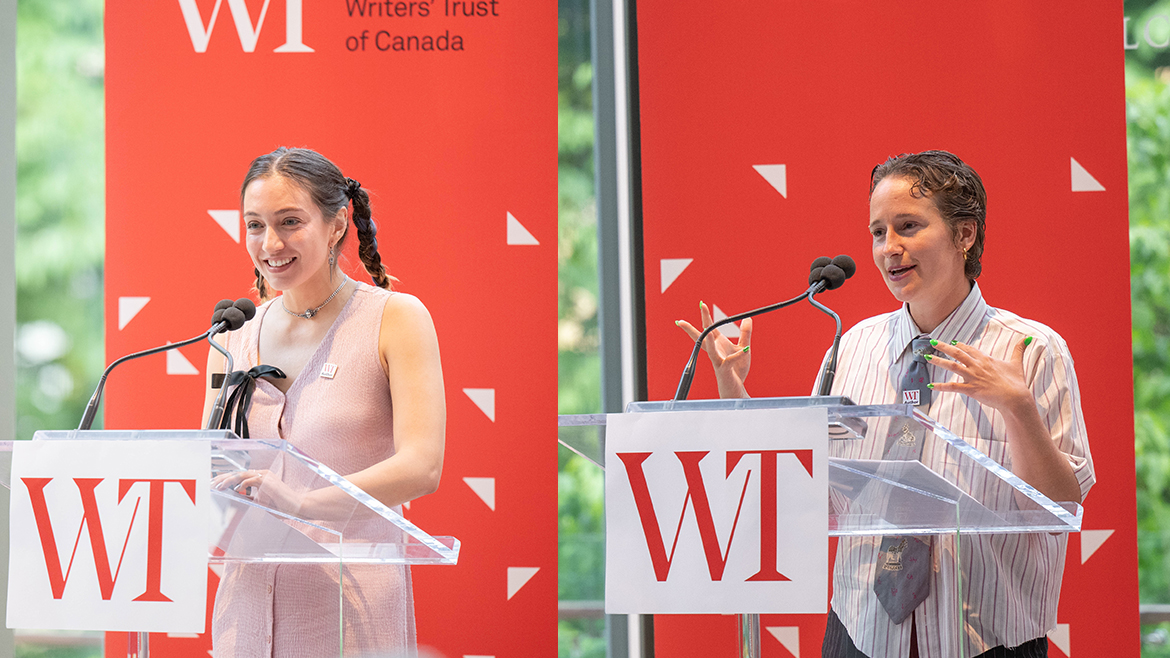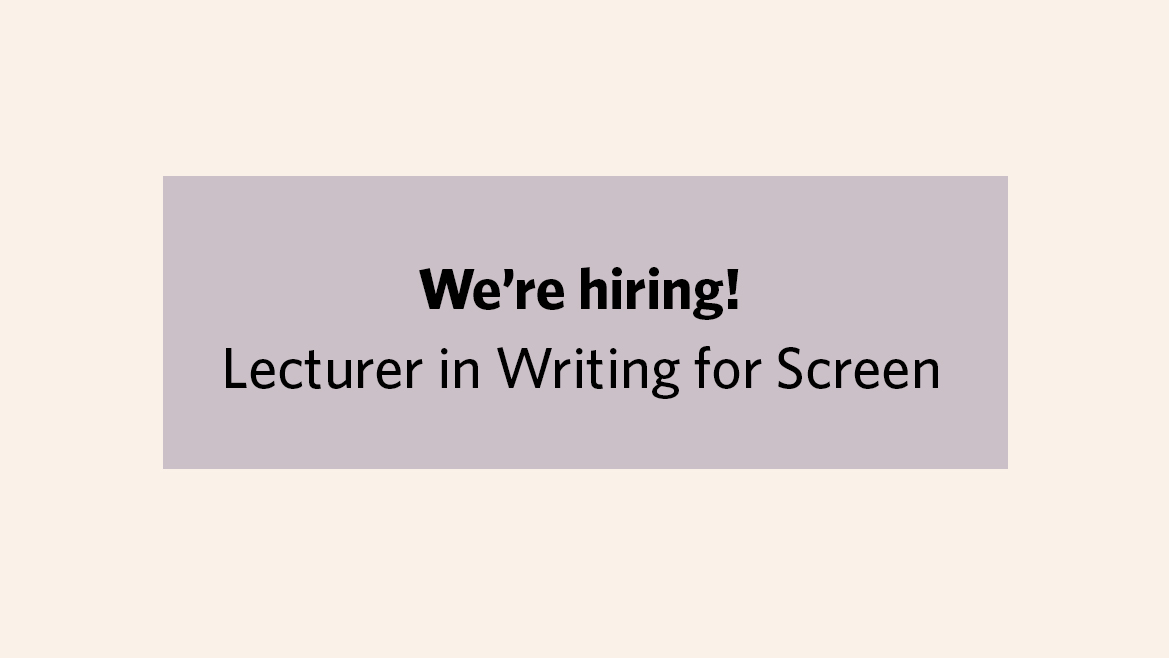

A.W. Hopkins, MFA ’20
A.W. Hopkins is Interior Salish, N’Quatqua, part of the St’át’imc group of Indigenous people who are the original inhabitants of a great section of the Southern Interior of BC. He is also alumni of the UBC Creative Writing Department where he focused on writing for the screen. He graduated in 2020 with an MFA. Recently A.W. completed work on his first feature film, a comedy called “Indian Road Trip.” For this film he won Best BC Director at the 2020 Whistler Film Festival and Honourable Mention for Best Screenplay in the Borsos Competition. A.W. is currently a participant in the Canadian Film Center, Norman Jewison Film Program, Directors Lab.
A Q & A with A.W. Hopkins
Why did you pursue a career in writing? Can you tell us what it’s like writing, directing and producing your own films?
I pursued a career in writing because I believe reading is the closest thing to real magic that we get to experience. I love being completely transported by a good book or movie. And to be one of those strange beings that know how immerse a reader or audience into the lives of others, to ease them into new worlds, or old worlds, or worlds that are purely of the imagination — this was always my dream job.
Writing, directing and producing my own films is immensely satisfying. However, I quickly discovered that it’s not for the faint of heart. One needs to be self-driven and somewhat of a visionary. I plan several years down the road and with no clear map or guarantee that I can get any of my projects off the ground. One must believe in their own talent, be ready to take advantage of all opportunities and it helps to surround yourself with people who also believe in you.
“I pursued a career in writing because I believe reading is the closest thing to real magic that we get to experience. I love being completely transported by a good book or movie. And to be one of those strange beings that know how immerse a reader or audience into the lives of others, to ease them into new worlds, or old worlds, or worlds that are purely of the imagination -- this was always my dream job.”
Why did you get a degree from the Creative Writing program?
I’m very proud to have attended the Creative Writing program. It has first rate instructors and a fantastic national and international reputation. The workshop model, as the primary classroom method, suited my personality and learning style. Furthermore, I wanted to devote two solid years to learning about writers and writing, to thinking almost exclusively about story and writing, and to have writing at the core of my life, rather than something that I crowbarred in around the edges.
How did the Creative Writing program help your writing practice?
The program improved my writing practice in the areas of basic craft, in personal voice, and in self-confidence and professionalism. I’m more focused and disciplined in my writing and I and approach every project with my own highly customized creative methodology.
What inspired the storyline for your first feature film, “Indian Road Trip”? What do you want audiences to take away from the watching the film?
“Indian Road Trip” borrows from my early life living on an Indian reserve. I wanted to share the characters, the situations, the humor, and the sense that I grew up with that there’s only a thin veil between this world and the realm of magic and spirit. I wanted audiences to look past the stereotypes and recognize that there’s a complexity and richness to Indigenous lives that they might not be seeing.
What was your favourite part of filming “Indian Road Trip”?
My favourite part of filming “Indian Road Trip” was when I could tell that the Indigenous actors really understood what I was going for in a scene because they could relate to the characters and the situations. That’s when I knew that I achieved the authenticity I believe was so central to the film’s success.
Do you have any forthcoming writing or projects that you’d like to share with us?
The project I’m working on that is closest to being shared with the world is a feature film about the Canadian Indian Residential School experience. The film is called “Cloud Striker” and it’s about a young man who escapes from an abusive Indian Residential School, recruits a group of Indigenous criminals, drunks and brawlers who coalesce into a small but deadly company of misfit mercenaries and launch a bloody assault on the staff, administrators and racist cops at the school. It’s a counter-historical, epic western adventure revenge drama, that has a narrative structure that reflects films like “The Seven Samurai” and “The Magnificat Seven.”
Many writers experience challenges during their careers. Can you share a challenge that you’ve faced, and how you overcame it?
I’ve had, and continue to have, three big challenges in my writing. The first challenge is making time to write. When it’s time to put my butt in the chair suddenly everything else seems a higher priority than the mere writing. I find having deadlines helps, as does being accountable to other people for producing pages. The second challenge I experience is self-doubt about my writing, (and getting praise from other people doesn’t work to alleviate it.) However, I noticed that the less I’m writing, the more I experience self-doubt. So, the cure for self-doubt is to write often, and to write more. My third challenge is being drawn to write material that is not core to my being, my lived experience and my subconscious mind. I sometimes want to write what I think is cool or fashionable, only to discover after days or weeks that it’s derivative and lifeless on the page. I noticed that there’s a feeling that I get when I’m writing something authentic to my being – it’s like balancing on a big ball while going down in an elevator — a combination of fear and exhilaration. If I don’t get the “balancing on big ball while going down in an elevator” feeling I don’t bother with the idea.
“I sometimes want to write what I think is cool or fashionable, only to discover after days or weeks that it’s derivative and lifeless on the page. I noticed that there’s a feeling that I get when I’m writing something authentic to my being – it’s like balancing on a big ball while going down in an elevator -- a combination of fear and exhilaration. If I don’t get the “balancing on big ball while going down in an elevator” feeling I don’t bother with the idea.”
Do you have any suggestions for students or new graduates pursuing a writing career?
My only suggestion for students pursuing a writing career is to write as much as you can as often as you can and eventually you will be swept up in the writerly life and it will not be mystifying or wearisome but your lifeblood.


